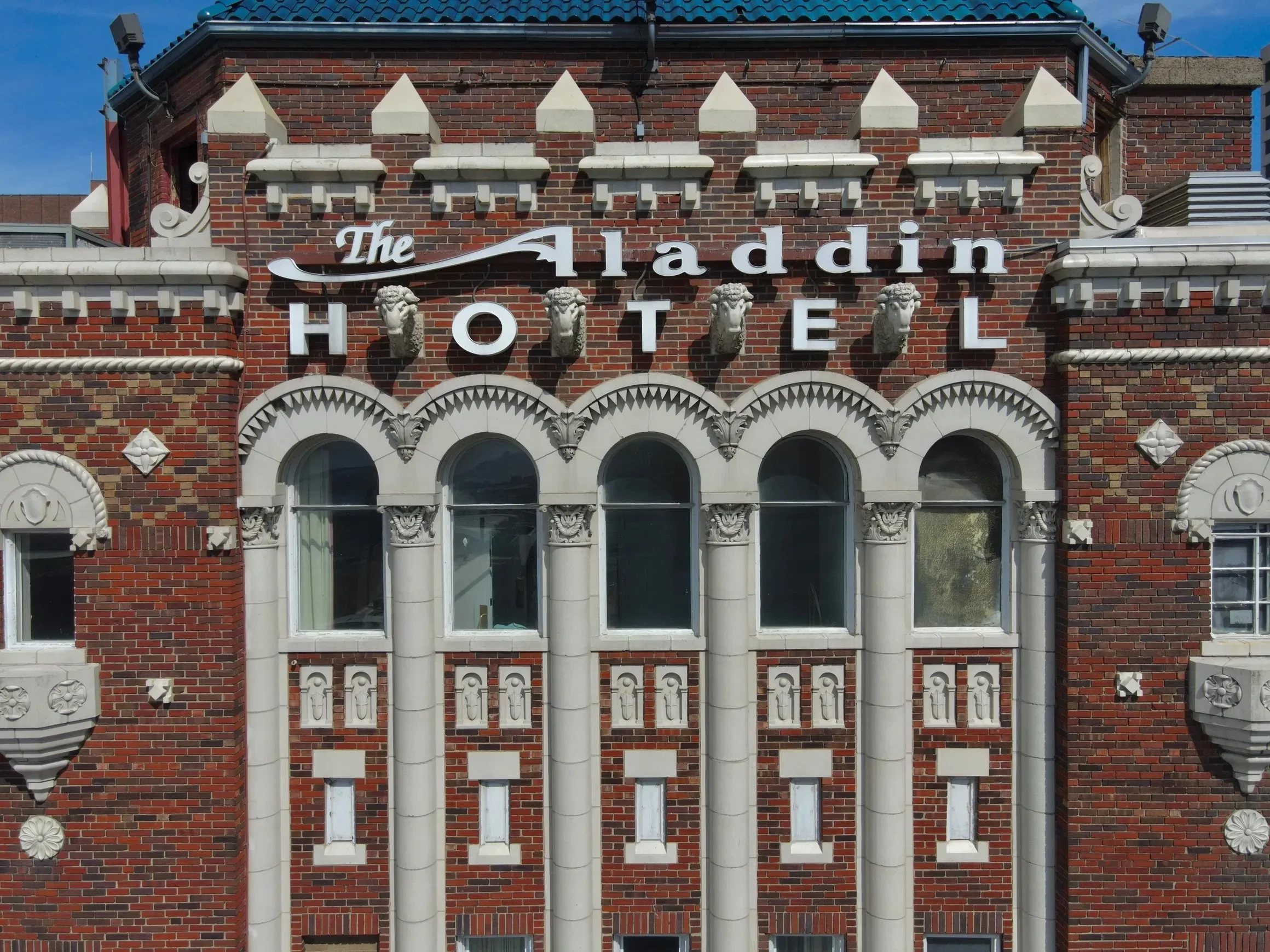PepsiCo Global will soon be moving into the state-of-the-art Inland Port VII building at Logistics Park Kansas City (LPKC), a 3,000-acre, master-planned distribution and warehouse development in Edgerton, Kan.
“PepsiCo chose Edgerton and LPKC because they can see the clear advantages of locating at the premiere logistics and distribution center in the Midwest,” said Edgerton Mayor Donald Roberts.
PepsiCo signed a lease for the 952,956-SF space, where the global food and beverage company plans to distribute their popular Gatorade product line.
“PepsiCo/Gatorade is an excellent addition to the Edgerton business community. LPKC is a convenient, versatile hub that can meet the needs of any company’s supply chain. Edgerton’s proximity to key services and partners is one of the main reasons businesses experience success at LPKC,” said ElevateEdgerton! president, James Oltman.
Built by Northpoint Development, the facility was the largest speculative building in the Kansas City metro and in the state of Kansas when it was completed earlier this year. JLL managing director, Kevin Wilkerson, and executive vice president, Phil Algrim, represented NorthPoint in the negotiation.
“Inland Port VII is the latest delivery in a long line of industry leading logistics products, bringing together accessibility to quality labor and cutting-edge technology in one centralized location,” Wilkerson said.
Since 2013, LPKC has amassed over 14.4 million SF of industrial space for over twenty tenants; work has already started on the next spec industrial building at LPKC.
About PepsiCo: PepsiCo products are enjoyed by consumers more than one billion times a day in more than 200 countries and territories around the world. PepsiCo generated more than $67 billion in net revenue in 2019, driven by a complementary food and beverage portfolio that includes Frito-Lay, Gatorade, Pepsi-Cola, Quaker and Tropicana. PepsiCo's product portfolio includes a wide range of enjoyable foods and beverages, including 23 brands that generate more than $1 billion each in estimated annual retail sales.






